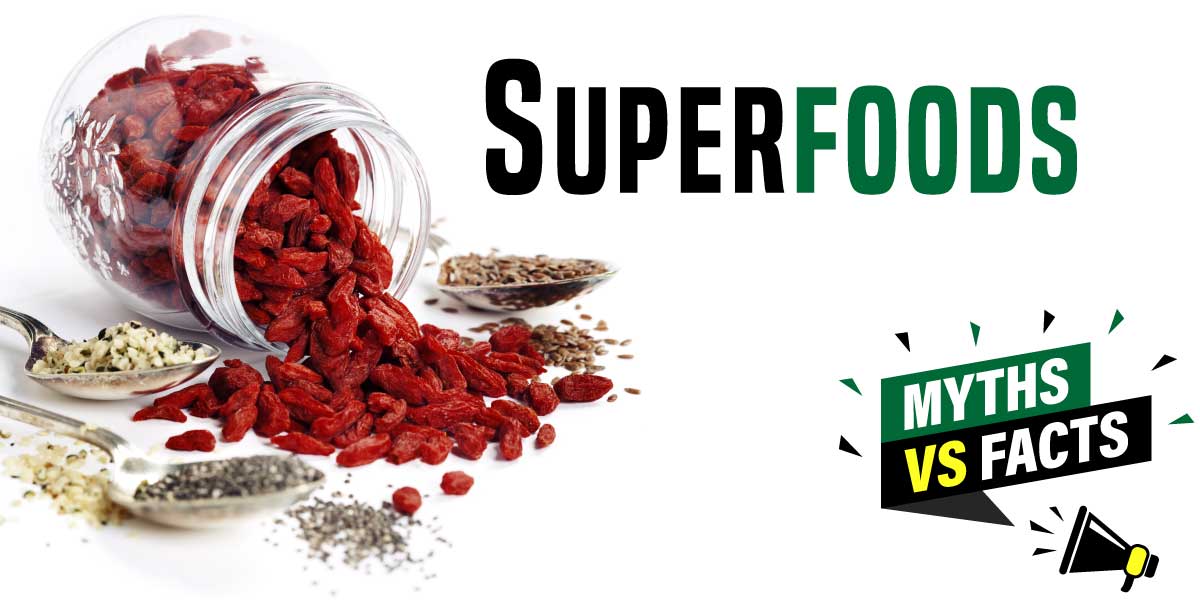Gut health has become one of the most discussed topics in modern nutrition, but the idea of eating in ways that support digestion and overall well-being is far from new. Across the world, traditional diets have long emphasized balance, moderation, and the natural rhythm between food and body. From fermented foods in Asia to fiber-rich grains in Africa and Europe’s slow dining culture, every society has developed unique eating habits that influence the gut microbiome — the community of bacteria, fungi, and other microorganisms living in our digestive tract. These microorganisms play a critical role in digestion, immunity, and even mood regulation. How we eat, not just what we eat, shapes the health of this internal ecosystem in powerful ways.
The Gut Microbiome: The Body’s Hidden Ecosystem
The gut microbiome is a vast and complex world of microorganisms that live in the intestines. These bacteria help break down food, produce essential vitamins, and protect the body against harmful pathogens. A healthy gut contains a diverse range of microbes, which keeps digestion smooth and supports mental and physical balance. When this balance is disrupted—through poor diet, antibiotics, or stress—it can lead to issues like inflammation, bloating, weakened immunity, and even mood disorders.
Different cultural eating practices influence this ecosystem in unique ways. Cultures that prioritize whole, minimally processed foods tend to have more diverse gut bacteria compared to those relying heavily on refined and fast foods.
Asian Cultures: Fermented Foods and Gut Harmony
Many Asian countries have a long-standing tradition of consuming fermented foods, which naturally support gut health. In Japan, miso soup and natto are daily staples; in Korea, kimchi is an integral part of nearly every meal; and in India, curd and pickled vegetables are commonly served with lunch or dinner. These foods are packed with probiotics, beneficial bacteria that promote digestion and prevent harmful bacteria from taking over.
Such traditions were not originally based on scientific understanding of microbes, but on observation and intuition — people noticed that fermented foods preserved well, aided digestion, and made meals more satisfying. Today, modern science confirms that these age-old practices help strengthen the gut microbiome, reduce inflammation, and boost immunity.
Mediterranean Eating Habits: Fiber and Balance
The Mediterranean diet is widely recognized as one of the healthiest in the world, and much of its power lies in how it supports gut health. The diet is rich in olive oil, legumes, whole grains, fruits, and vegetables, providing an abundance of dietary fiber. Fiber acts as a prebiotic, feeding beneficial bacteria and helping them thrive.
Unlike high-protein or high-fat modern diets, the Mediterranean pattern emphasizes moderation and social eating. Meals are enjoyed slowly with family or friends, which enhances digestion and reduces stress — two factors that significantly influence gut health.
African and Middle Eastern Traditions: Whole Grains and Natural Fermentation
African and Middle Eastern diets are often based on whole grains like millet, sorghum, and teff, along with lentils, chickpeas, and flatbreads. Many communities naturally incorporate fermentation into their cooking — for example, injera in Ethiopia or fermented couscous in parts of North Africa.
These foods are not only nutrient-dense but also contain beneficial microbes that support digestion. The reliance on plant-based ingredients and low levels of processed foods contributes to a healthy microbiome and reduces risks of metabolic disorders.
Western Diets and the Gut Health Challenge
In contrast, the modern Western diet — often called the Standard American Diet (SAD) — is high in refined sugar, unhealthy fats, and processed foods. While convenient, these eating habits can lead to reduced microbial diversity and higher levels of inflammation. Studies show that people who consume fewer fruits, vegetables, and fermented foods have less beneficial bacteria, which affects digestion and overall well-being.
However, awareness is growing in Western countries, leading to increased consumption of yogurt, kombucha, kefir, and plant-based diets, as people seek to restore their gut balance through global food wisdom.
Table: Cultural Foods That Benefit Gut Health
| Region | Traditional Food | Key Nutrients | Gut Health Benefit |
|---|---|---|---|
| Japan | Miso, Natto | Probiotics, enzymes | Supports digestion, strengthens immunity |
| Korea | Kimchi | Lactic acid bacteria, vitamins | Promotes healthy gut flora |
| India | Curd, Pickles | Probiotics, minerals | Aids digestion, reduces inflammation |
| Mediterranean | Olives, Whole grains | Fiber, healthy fats | Feeds good bacteria, prevents gut imbalance |
| Africa | Injera, Millet | Resistant starch, fiber | Supports microbial diversity |
| Western | Yogurt, Kefir | Probiotics, calcium | Helps restore balance in gut bacteria |
The Role of Mindful and Communal Eating
Beyond the food itself, how people eat also affects gut health. In many cultures, meals are treated as social or spiritual moments rather than quick refueling breaks. Eating slowly allows the digestive system to function more efficiently and signals the brain to release enzymes that help absorb nutrients.
For example, Japanese “Hara Hachi Bu” encourages eating until you are 80% full, a practice that prevents overeating and supports digestive balance. Similarly, French dining culture emphasizes savoring food, which reduces stress hormones that can disrupt gut bacteria.
Modern Science Meets Traditional Wisdom
Modern research now supports what traditional cultures have practiced for centuries. Fermentation, moderation, and diversity in diet all contribute to a thriving gut microbiome. Studies show that people who eat a wide range of plant-based foods and fermented products have greater bacterial diversity, which is linked to improved immunity, mental health, and even longevity.
Conversely, diets high in refined sugar, saturated fats, and artificial additives can reduce beneficial microbes and lead to inflammation-related disorders such as obesity, diabetes, and irritable bowel syndrome (IBS).
The Psychological Connection: Gut-Brain Axis
Cultural eating habits also influence mental health through the gut-brain axis, the two-way communication system between the digestive tract and the brain. A healthy gut produces neurotransmitters like serotonin and dopamine that regulate mood and stress. Cultures that emphasize balanced, home-cooked meals and social dining tend to report lower levels of anxiety and depression — a direct reflection of the mind-gut connection.
For example, the Mediterranean and Japanese diets, both associated with longevity and emotional well-being, naturally nourish the gut-brain axis through diverse nutrients and mindful consumption.
Cultural Adaptation in a Globalized World
As people around the world adopt more Westernized eating habits, traditional food cultures are changing rapidly. Fast food and processed snacks are replacing home-cooked meals, threatening both cultural identity and gut diversity. However, there is also a global revival of traditional practices such as fermentation, herbal remedies, and plant-based eating — bridging the gap between ancient wisdom and modern nutrition science.
Recognizing the importance of cultural food heritage is not only a matter of preserving history but also a strategy for maintaining gut and overall health in the modern world.
FAQs
1. How do traditional diets improve gut health?
Traditional diets often include naturally fermented foods, high fiber, and diverse ingredients that promote the growth of beneficial gut bacteria. They also avoid excessive processing, which helps maintain microbial balance.
2. Can changing cultural eating habits affect gut health quickly?
Yes, research shows that gut bacteria can change within days based on diet. Switching to a diet rich in plant-based, fermented, and whole foods can rapidly improve gut diversity and function.
3. Is gut health only about probiotics?
No. While probiotics are important, gut health also depends on prebiotics (fiber that feeds good bacteria), variety in foods, hydration, and mindful eating practices.



